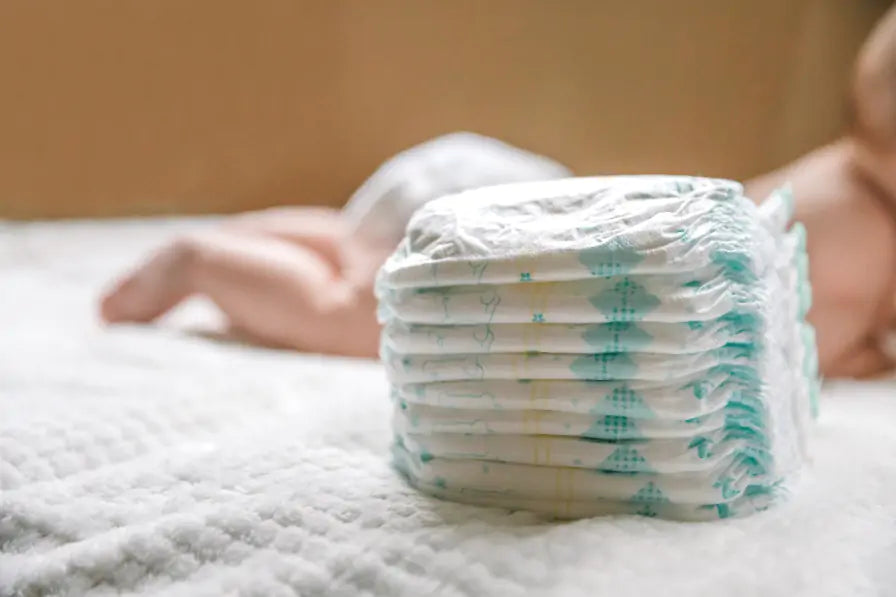Why not add these to compliment your wheelie bins?
Your basket is currently empty.
Shop NowWe guarantee to have the lowest price! Find the same bin for a cheaper price and we will beat it!

You might think of sanitary products and nappies and think yuck, but they have to be disposed of and dealt with correctly, otherwise they can pose real problems for the environment and for human health.
Why should you dispose of sanitary products and nappies correctly?
They take an age to degrade:
Nappies can take as long as 500 years to decompose in a landfill, and in the meantime, toxins leach into the groundwater and soil.
The environmental impact:
It takes around 250 ml of crude oil to make the plastic that’s in just one disposable nappy. To make 5,000 nappies, around 1180 litres of oil will be used. There’s wood pulp in nappies and sanitary products, and precious trees are cut down to make them.
Chlorine bleach is used to whiten the wood pulp, and this gives off toxic by-products such as dioxin and furan which are known carcinogens.
How should you dispose of nappies and sanitary products?
Recycling nappies
Some companies have developed technology that enables the recycling of the materials in nappies. This is how it works:
Why not use reusables?
Reusable nappies and sanitary towels might seem a step too far for some people, but in the long run, they are cheaper, better for the environment, and way better for your health.
Reusable nappies
Reusable nappies made out of cloth are being increasingly used by families who don’t want to expose their baby to potentially harmful chemicals in disposable nappies. You simply dispose of the waste inside of the nappy, then wash and reuse it.
Reusable sanitary towels
Sanitary towels made from layers of cotton are available now. They are machine washable and can completely replace disposable sanitary products. Again, you are avoiding exposure to chemicals in disposable products, and saving yourself a fair amount of money.
Even the smallest changes to your everyday life can benefit the environment and your health.